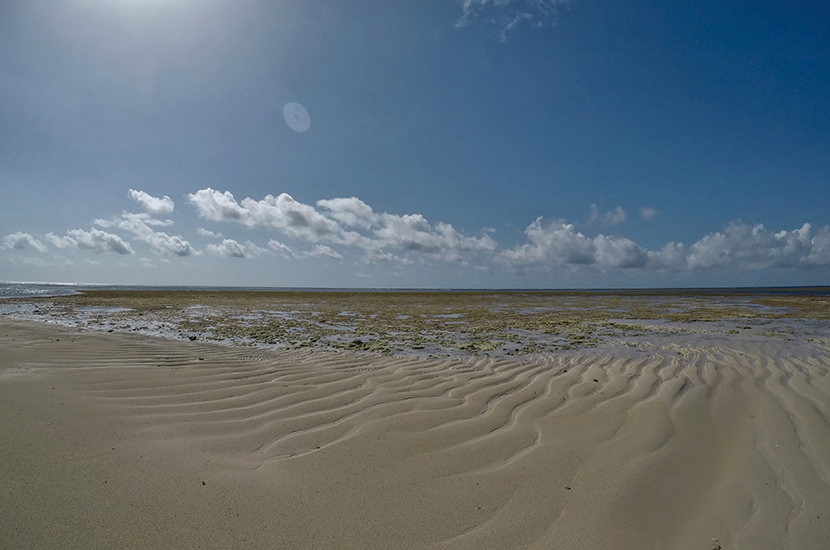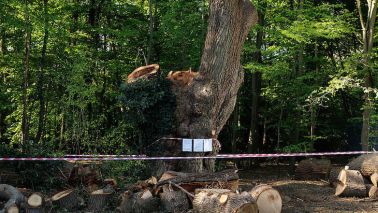Malindi, Kenya
I’ve learned that mourning must be tackled ever so gently. As a younger man, when friends were killed in Africa’s wars I’d become angry and drink. When Dad died I cut adrift in Yemen for a time. Following Mum’s death a month ago, I decided to stay quietly at her home on the beach. The Kaskazi monsoon whirls through the house and white horses roar on the reef. Soon after dusk the memories appear more vivid than in daylight and these parade through my fitful sleeps until dawn, when I can at last get up and trek along the foreshore among ghost crabs and sandpipers. Each morning I box with my coach Amani, before starting work. I run the Laikipia farm by telephone and spend my days on Zoom calls to England. Apart from one robust session with my surfer friend James, I have been careful on the booze.
The year my father died, torrential rains lashed the beach house until the coconut thatch roof caved in and the walls crumbled. My mother fought her grief head on by rebuilding her home, replacing the thatch with a wide, flat, Arab-style roof. This collected all the rain, guiding it into storage tanks so that we no longer had to rely on municipal supplies that often run dry. She built the main house to persuade her children and their families to visit often, while she retreated into a building known as the Kremlin. This had started life as a boat house, but Mum exhausted her last tears while constructing this into a three-floored tower with another flat roof looking out over the ocean.
Into the Kremlin my mother withdrew with her family records, all ordered in albums of letters, diaries and photos.








Comments
Join the debate for just £1 a month
Be part of the conversation with other Spectator readers by getting your first three months for £3.
UNLOCK ACCESS Just £1 a monthAlready a subscriber? Log in